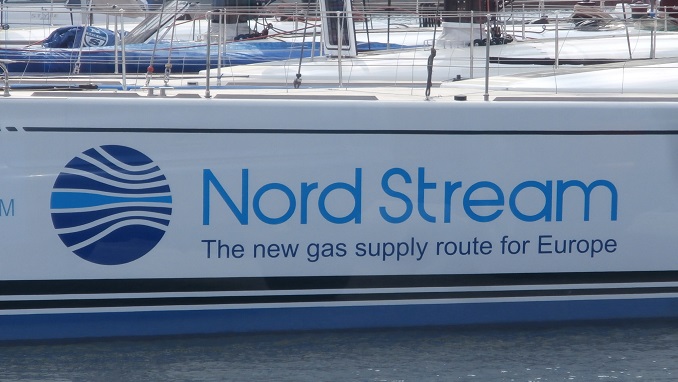The prime ministers of eastern German regions unanimously spoke in favor of completing the Nord Stream 2 project in a document appointed in the wake of their meeting in Berlin, TASS reports.
The meeting brought together heads of six German states – Berlin, Brandenburg, Mecklenburg-Vorpommern, Saxony, Saxony-Anhalt and Thuringia.
“The project is important for future energy supply to Germany and Europe,” therefore, completing it would be “right and justified,” the officials said in a joint document.
“We need to look at the consequences that withdrawal from this project would entail. Here, the prime ministers are united in the opinion that they would be significant, first of all for the energy supply,” said Michael Muller, the head of the Berlin Government who now chairs the conference of heads of the eastern German states.
According to Muller, gas will remain an important source of energy during the country’s transition to renewable sources of energy.
“This is the project that plays a decisive role in our amended energy and climate policy. Therefore, we came to a conclusion that we want to continue it,” Muller said.
Meanwhile, premier of Saxony Michael Kretschmer said Nord Stream 2 was needed both for the country’s economy and for preserving Germany’s ties with Russia. He also called for an investigation into the incident involving Russian blogger Alexei Navalny.
Until September 16, the German Government stopped short of linking the Navalny incident with the Nord Stream 2 project. Only after German military toxicologists claimed that Navalny had been poisoned with a Novichok-class substance, the tone has changed. During the last weekend, German Foreign Minister Heiko Maas expressed his hope that Russia will not force Germany to “change its position,” which the media interpreted as a threat to stop the project.
According to the Cabinet spokesman Steffen Seibert, Chancellor Merkel “endorsed the words” of the top diplomat. However, the German Minister of Economy and Energy Peter Altmeier noted that he treats the possibility of such sanctions with skepticism.












